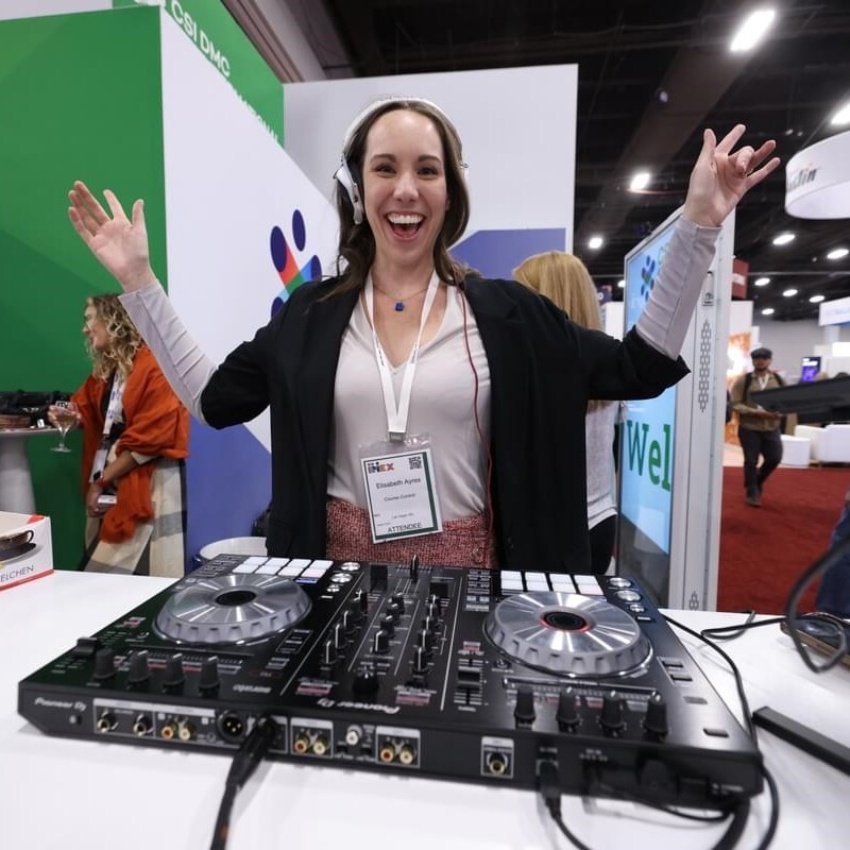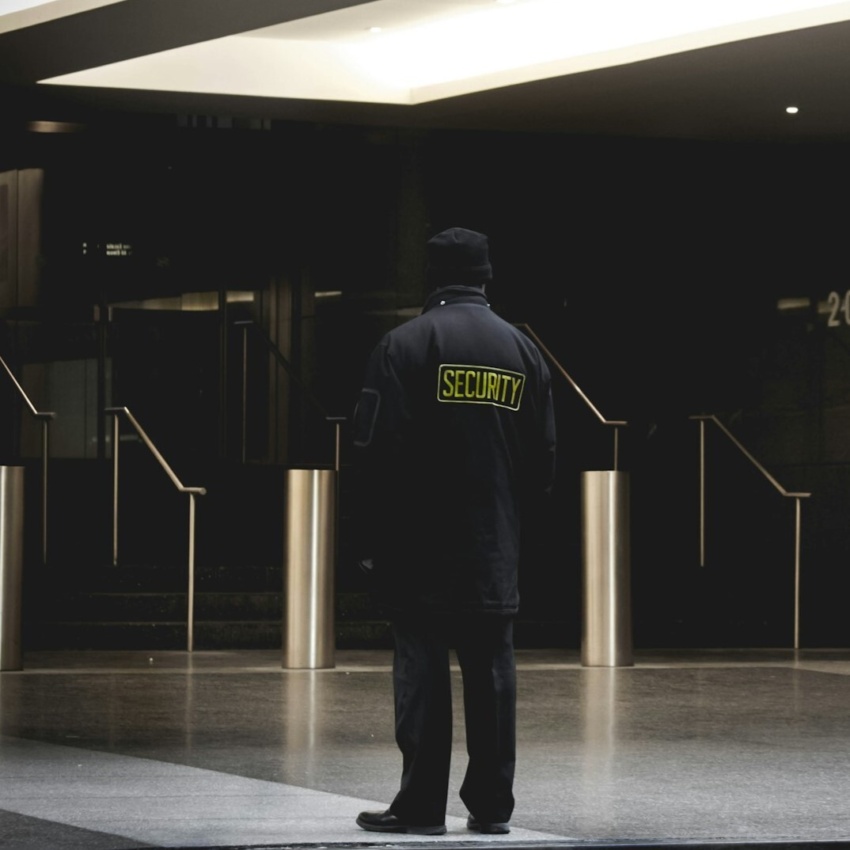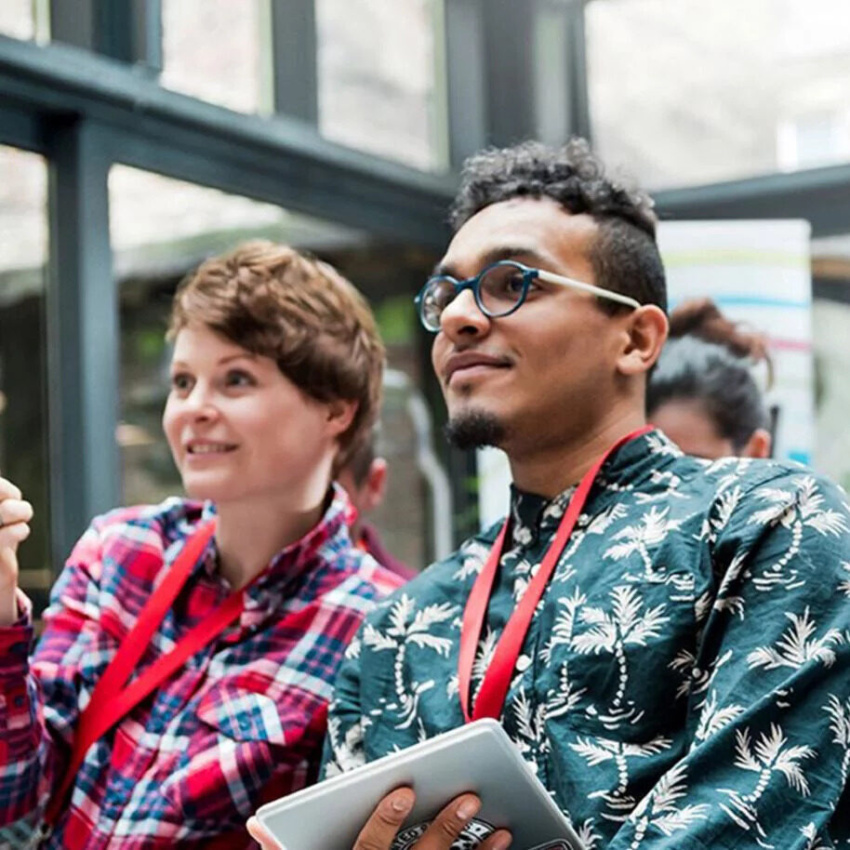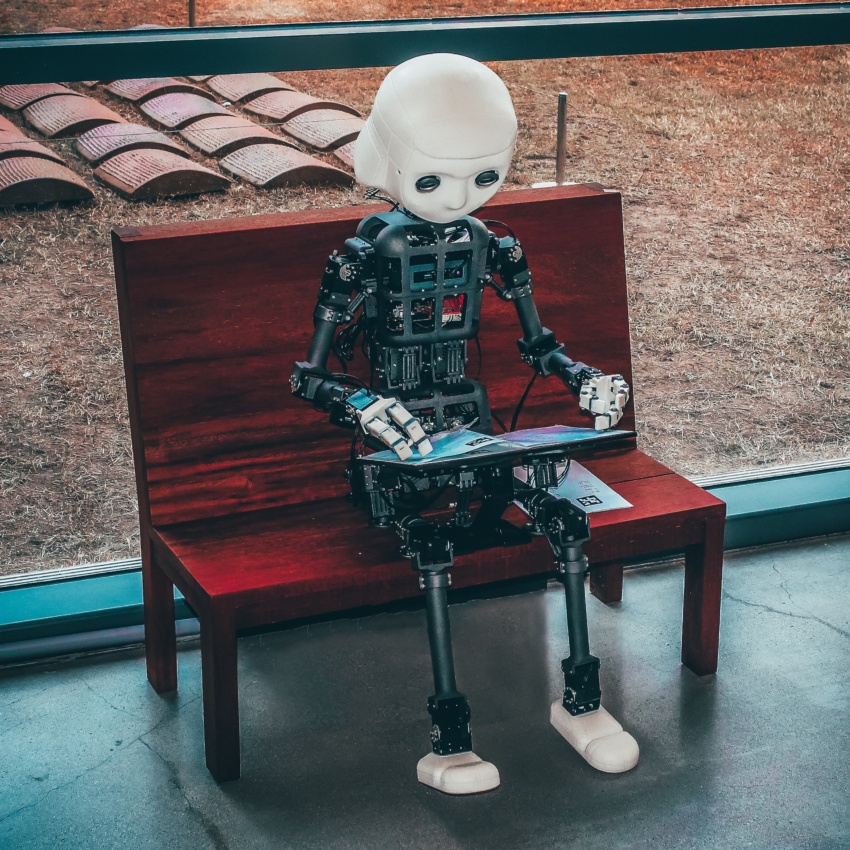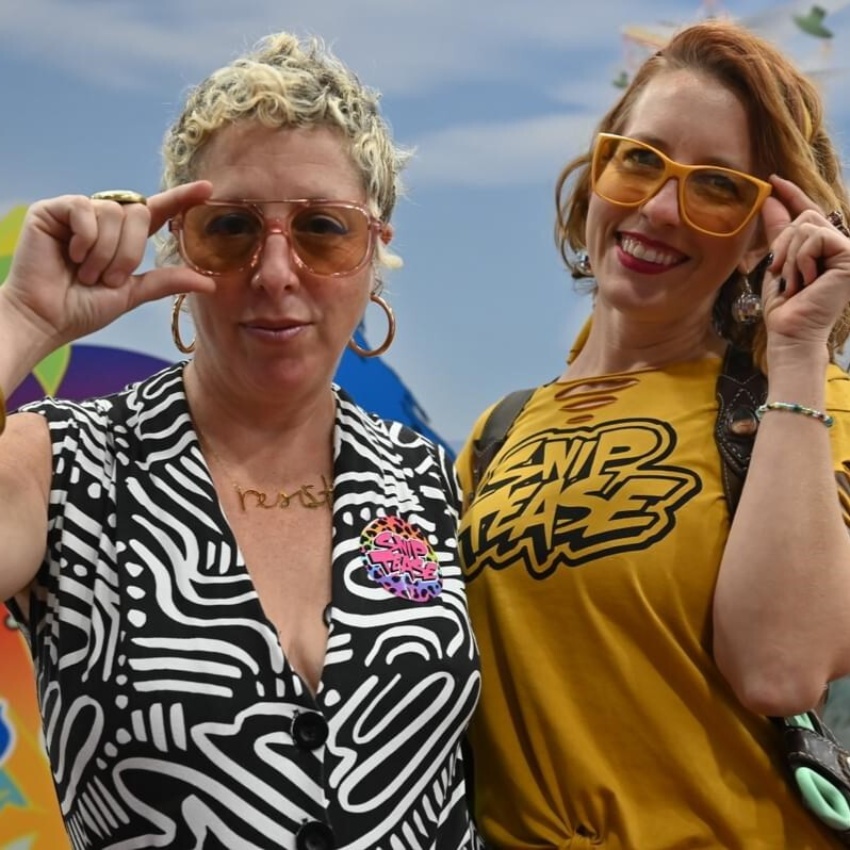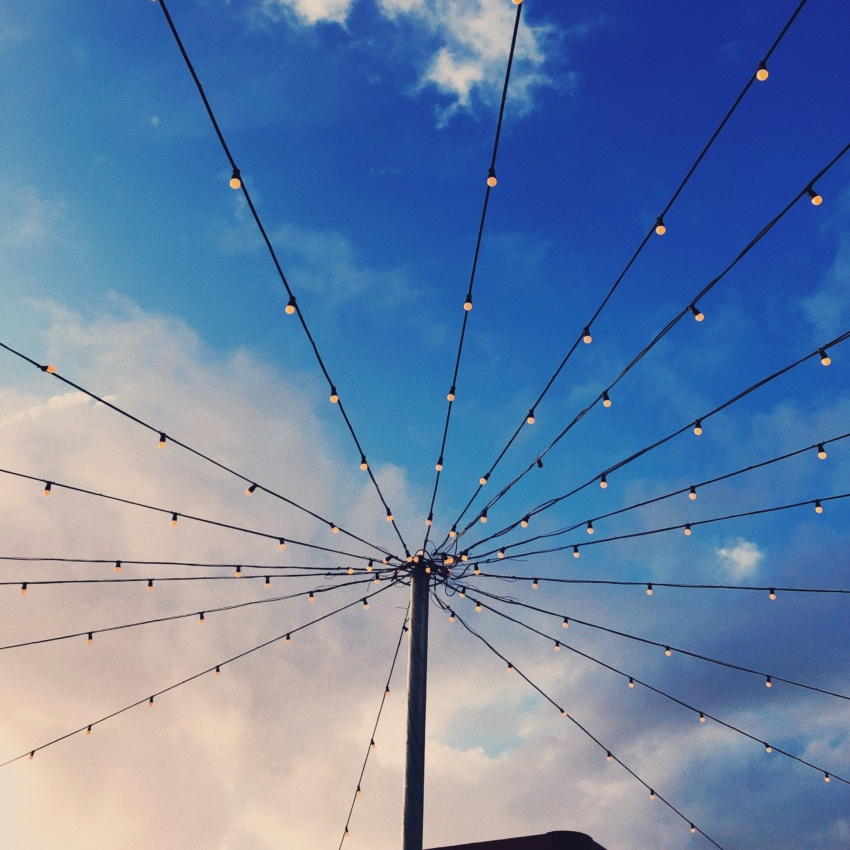Music copyright law for event planners
Whether used during general sessions to support the overarching message or meeting theme, in breakouts as entry music, in PowerPoint and video presentations, at networking events or simply as background, music is everywhere at events. However, the need to have proper permission to use copyrighted music is rarely understood.
At trade shows, music can be heard on many stands, as background music or part of video presentations. Meeting planners may not think twice about connecting their iPhone, playing a CD or streaming from sources such as Spotify or Pandora at their events.
What event organizers may not be aware of is that playing copyrighted music in this setting may subject them to liability under copyright law.
When a license fee is required
Not every musical performance requires a license fee. Playing a digital download or streaming music you purchased in your car, listening to records or Spotify in the privacy of your home, or with a small circle of friends and family obviously does not require a copyright fee to be paid. Yet, using that same music at a meeting or event will be likely to require a license fee.
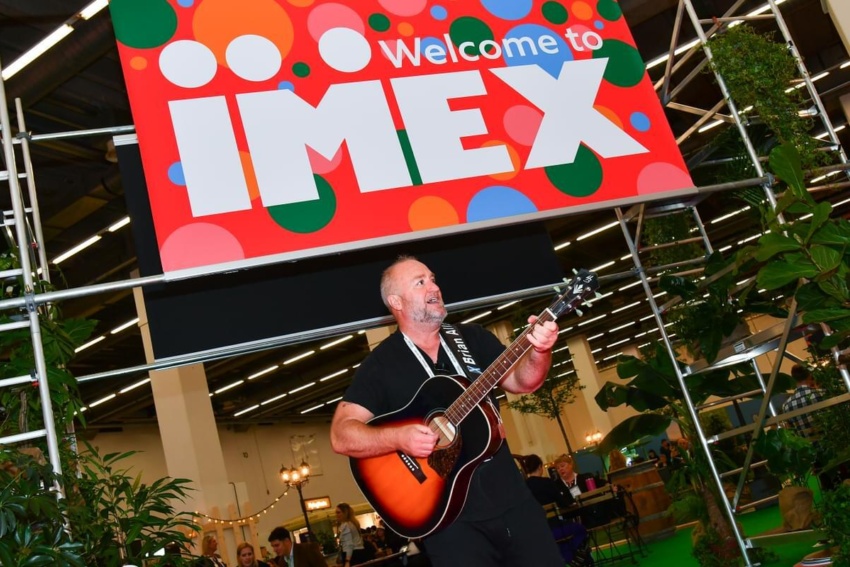
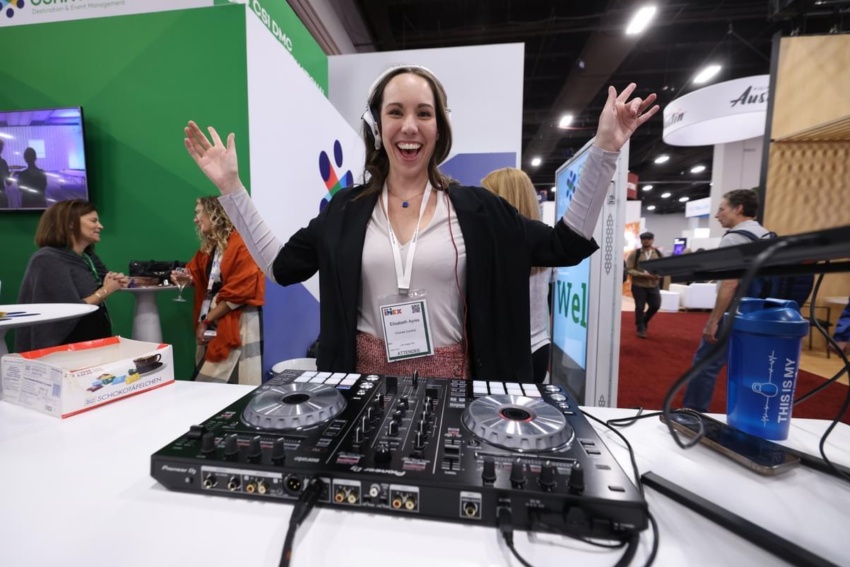
How to obtain a performing rights organization license
Licences must be obtained through performing rights organizations (PRO) such as the American Society of Composers, Artists & Publishers (ASCAP) and Broadcast Music Inc. (BMI) in the US, PRS for music in the UK or GEMA in Germany.
Most countries have their own PRO - view the PRS list of their global partners for 100+ countries
In most cases a ’blanket‘ license can be purchased, which allows you to use any song in the PRO’s catalogue at a relatively affordable price. The chance of getting caught if you don’t license is slim, however the penalty can be huge – up to $750 per song, plus attorney and court fees.
Why do event planners need a music license?
All the music you hear was written by someone, arranged by someone and performed by someone. These artists make their money by selling copies of the music and by licensing others to perform or play the music.
Music is like all personal property; when you want to borrow it from someone, you must ask permission. All public performances, even most non‐profit ones, must be licensed.

